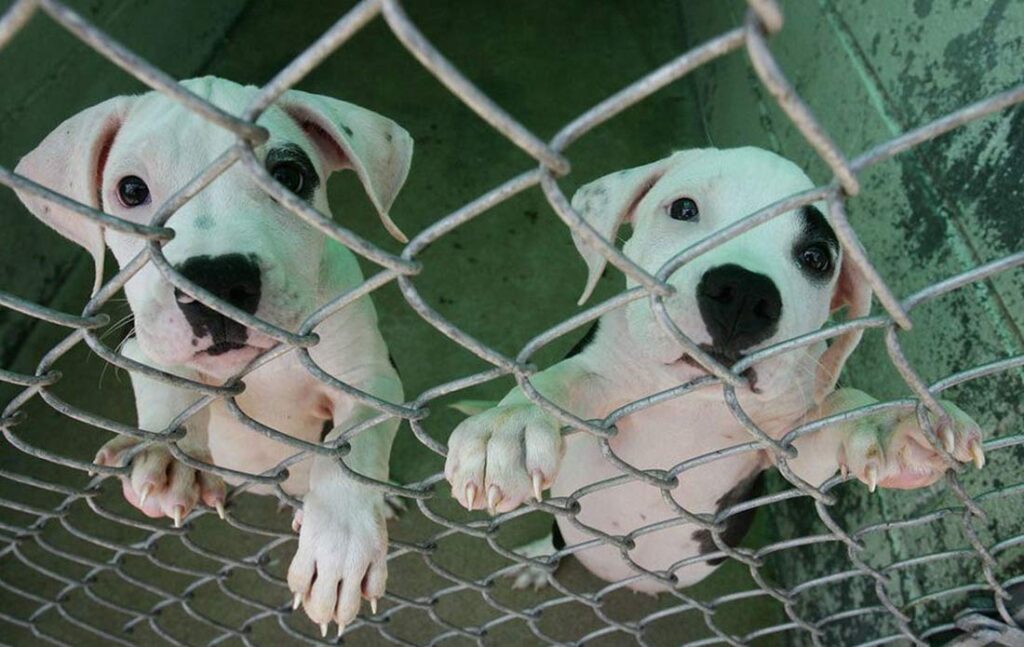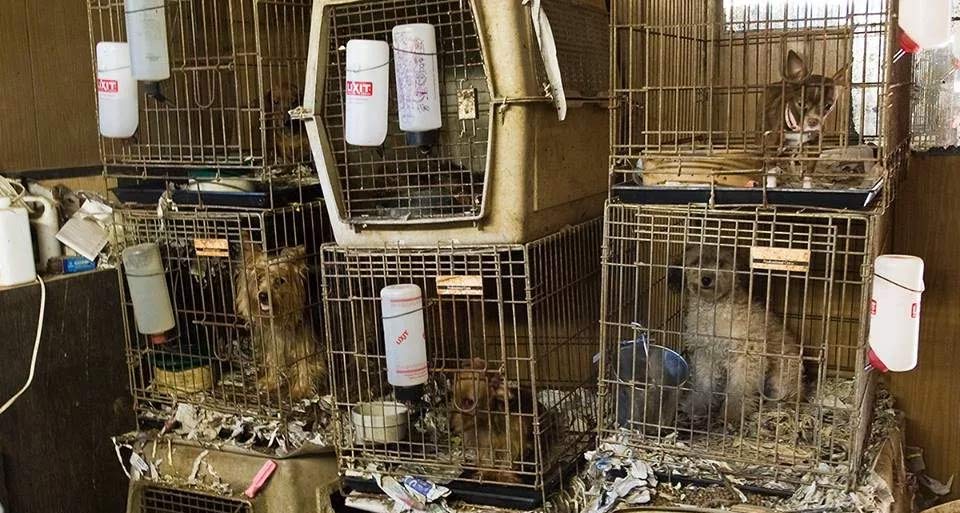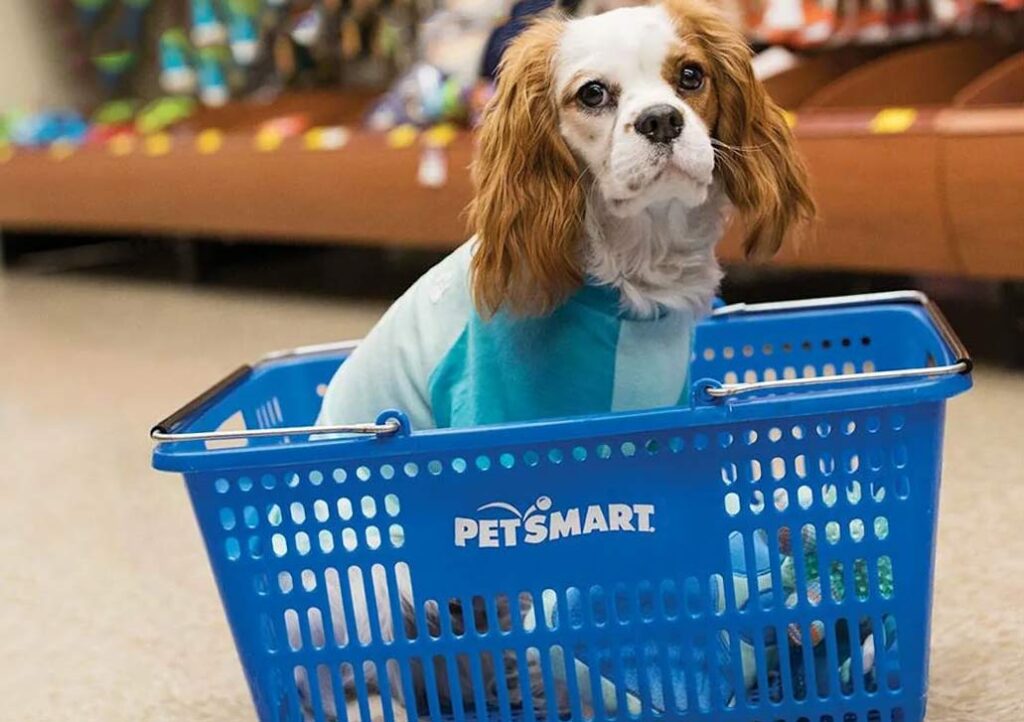The Truth Behind Puppy Mills: Why Canada Should Say “No”
Hello there, I’m Peter, an animal welfare blogger and advocate fighting to end puppy mills. As someone passionate about protecting the well-being of our furry friends, I’m deeply concerned by the cruel commercial breeding facilities known as puppy mills that still operate today.
Over my many years working in animal rescue, I’ve seen firsthand the devastating health and psychological impacts these abusive mass breeding operations have on vulnerable dogs who are treated like cash crops. It breaks my heart. No living being deserves to spend life trapped in a cage, enduring cruelty for another’s profit.

As an activist, I’m committed to advancing awareness around this industry that exploits man’s best friend. In this article, I provide a comprehensive look at the reality of puppy mills in Canada. My goal is to equip readers with information to join the growing chorus of voices speaking out against this unethical practice. Only through public education, consumer awareness, legal action and community support can we effect meaningful change for the voiceless.
What is a Puppy Mill?
A puppy mill is a large-scale commercial dog breeding facility that prioritizes profit over the well-being of animals. At puppy mills, female dogs are continuously bred in poor conditions without breaks. The overbred mothers and puppies receive minimal veterinary care and socialization. They are kept in small, crowded cages, often surrounded by waste. This frequently leads to severe psychological and physical health issues. The young puppies are sold in pet stores, online marketplaces, or directly to consumers.
In a similar vein, the online gambling industry, encompassing activities such as casino games, sports betting, and lotteries, often prioritizes profit over consumer welfare. Critical issues in this industry include ensuring fair play, preventing fraud, and protecting consumers from addiction and financial exploitation. Like puppy mills, effective regulation is essential to safeguard the well-being of those involved, whether animals or consumers.
Common practices at puppy mills that harm dogs include:
- Inhumane confinement with no exercise or affection
- Repeated breeding of female dogs to exhaustion
- Lack of proper nutrition, grooming, or medical treatment
- Unsanitary conditions and physical neglect
- Lack of genetic screening leading to inherited disorders

Stats on Puppy Mills in Canada
Though banned in some provinces, puppy mills still persist across the country. Humane Canada estimates several thousand inhumane breeding facilities active nationwide. Rural regions of Quebec, Ontario, and British Columbia have faced particular puppy mill issues. Nearly 10,000 dogs were recorded kept for breeding in Canada’s 2018 dog breeding survey, though welfare groups believe more exist unreported. So, while exact puppy mill numbers are unknown, evidence shows it is a widespread problem requiring action.
Connection Between Puppy Mills and Pet Shops

Puppy mills rely on pet shops to sell commercially-bred puppies to consumers seeking pets. However, some pet stores have shifted their models towards adoption partnerships with local shelters and rescues. For instance, PetSmart provides space in their stores for adoptable rescued cats and dogs instead of selling them. This helps increase pet adoptions while avoiding health issues frequently seen in puppy mill puppies.
Overall, the retail demand for pets has enabled the puppy mill supply chain. But a cultural shift towards adoption and stores housing shelter animals is now gaining momentum across North America.
Organizations Fighting Against Puppy Mills
Many animal welfare charities actively counter puppy mills in lobbying, education, enforcement, and research capacities. Two leading groups are:
Humane Canada
Humane Canada is the national federation representing Ontario Societies for the Prevention of Cruelty to Animals and other humane societies across Canada. It brings together over 7,500 members, staff and volunteers across Canada who work with and care for animals, with the vision of promoting respect and humane treatment for all animals in Canada. It works to end puppy mills in the following ways:
- Creating public education campaigns on puppy mills to raise public awareness, including an anti-puppy mill toolkit.
- Advocating for pet adoption (using the #AdoptDontShop hashtag) to curb consumer demand for commercially bred puppies, thus helping shut down mills relying on retail sales.
- Representing 121 animal shelters across Canada that are working on ending commercial dog mistreatment through rescue and adoption programs.
- Working with governments on enhanced legal protections around animals in puppy mills and other forms of cruelty.
Animal Justice
Animal Justice is a non-profit organization based in Toronto that focuses exclusively on legal advocacy for animals. They believe animals need representation and have worked in puppy mills with the following methods:
- Lobbying the Canadian government and pushing for legislation targeting puppy mills at the federal and provincial levels.
- Pursuing strategic test court cases addressing different forms of animal cruelty and neglect.
- Striving to strengthen the legal protections for domestic animals, including banning cruel practices like dog tail docking.
- Conducting field research on issues like puppy mill conditions to support their advocacy positions with evidence-based reports.
What is Dog Rescue?
In addition to cracking down on unethical breeders, animal advocates promote rescue and adoption as more humane ways to bring a dog into your life.
Dog rescues are typically volunteer-run non-profits focused on saving and rehoming dogs in need. Often, they take in strays, owner surrenders, or dogs saved from abusive situations like puppy mills. The rescued dogs receive veterinary care, socialization, and evaluation before being adopted out.
However, anyone can claim to be a rescue. When looking into rescues, beware of red flags like refusing home visits, not spaying/neutering, lacking medical records, or charging exorbitant fees. Legitimate rescues prioritize the dog’s welfare first.
Signs of a reputable dog rescue:
- Dogs are spayed/neutered, vet-checked, and vaccinated before adoption.
- Reasonable adoption fees mainly to cover expenses.
- Care about matching dogs to suitable homes.
- Follow up after adoption to ensure the dog’s adjustment.
- Provide training/vet resources and take returns if needed.
By adopting from ethical rescues over supporting commercial breeding, consumers can help reduce mistreatment against man’s best friend.
Canadian Laws and Regulations on Puppy Mills
In Canada, animal welfare laws exist federally under the Criminal Code and provincially. Federally, Canadian dog owners must provide “suitable and adequate care” for animals. All provinces share this basic anti-cruelty standard, with small differences in additional commercial breeding oversight. Still, welfare advocates argue stronger nationwide Canadian regulations and enforcement are needed to properly end puppy mills across the country.
Ontario’s Stance on Banning Puppy Mills
As Canada’s most populous province, Ontario sees thousands of dogs mistreated in Canadian puppy mills annually. Historically, Ontario’s lack of dedicated dog breeding regulations has enabled these cruel, high-volume facilities to persist unchecked.
However, recently growing public pressure to stop puppy mills in Canada led Ontario to announce new proposed provincial laws. This includes the PAWS Act to license and inspect all dog breeders and a future “PUPS Act” that would explicitly make puppy mills illegal in Ontario.
These mark much-needed positive steps – establishing enforcement mechanisms that are currently absent. If implemented rigorously with adequate funding, the outcomes of these pending laws promise to set the tone for banning puppy mills and transforming oversight standards across Canada.
How to Identify and Avoid Puppy Mills
When searching for a dog, consumers should screen breeders thoroughly beforehand or adopt.
- Signs of an unethical puppy mill breeder:
- Won’t allow on-site visits or contact with the puppy’s parents.
- Sells multiple popular breed types.
- Can’t provide veterinary records for puppies or parents.
- Unwilling to answer questions on breeding practices.
Ethical adoption venues and responsible breeders will gladly provide transparency without pressure. Using online reviewer ratings, verifying licensing, and trusting your instincts can also help prevent puppy mill sellers from misrepresenting themselves.
Taking Action: How You Can Help
Here are key ways you can make a difference in this cause:
- Contact local political representatives urging enhanced regulations and enforcement.
- Report suspected puppy mills in your area to animal protection authorities promptly.
- Volunteer or donate to reputable animal charities leading the fight.
- Share information on social media to grow public awareness.
- Make humane choices when bringing a new dog into your life.
At the individual level, mindful consumer habits and speaking out against cruelty each help decrease the demand, enabling puppy mills to persist. Through working together alongside non-profits doing impactful fieldwork, I believe we can make the mass mistreatment of dogs for profit a thing of the past.
Have questions? Reach out to us here.
